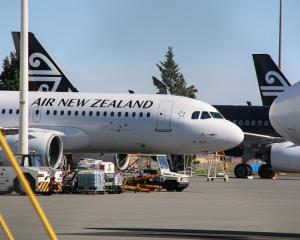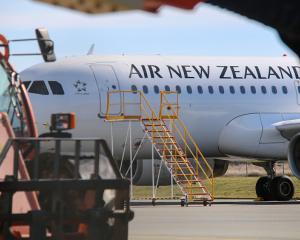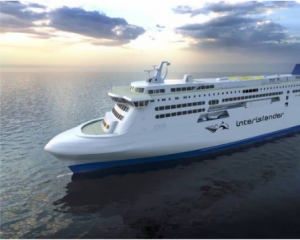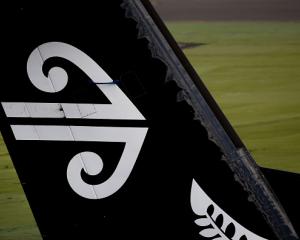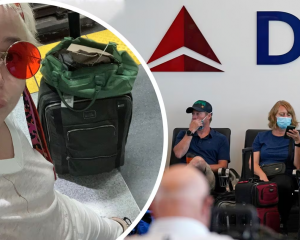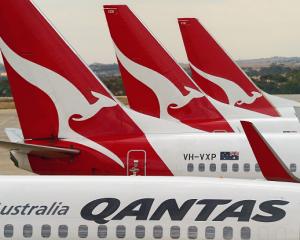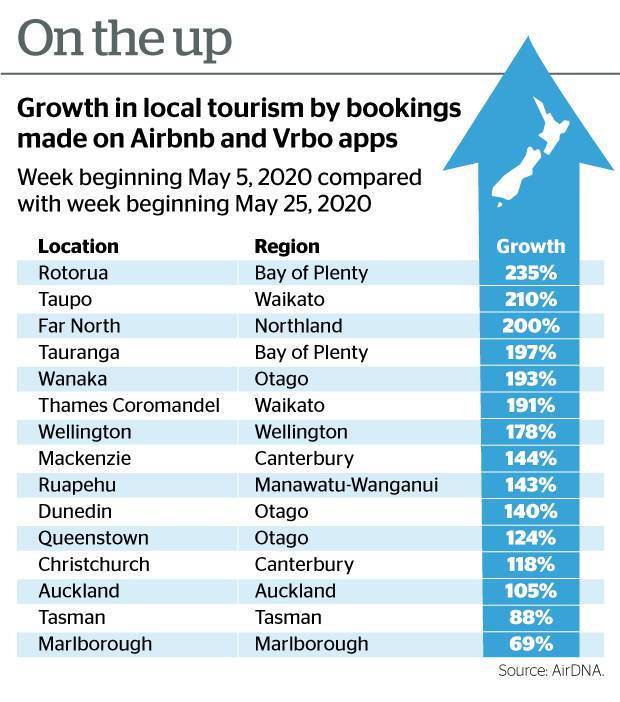
New Zealanders had earlier been among the fastest in the world to jump back into domestic travel once Covid-19 restrictions eased.
And now new data showed Kiwis were even booking more short-term holidays than at the same time last year.
A total of 132,147 holiday rental bookings had so far been made through the Airbnb and Vrbo apps for dates between June 8 and July 13, up 8.4 per cent on the same period last year, analysts AirDNA said.
Canterbury had a big rise in bookings led by the Mackenzie District and Christchurch, while Rotorua was the most popular destination, followed by Taupō and the Far North.

"Everybody has broken out from their homes, they've got cabin fever. It's not all doom and gloom," he said.
Yet with part of the holiday demand due to worn out mums and dads desperate to escape their homes during the upcoming July 4-19 school holidays, Walker wondered how long the bounce back would last.
Tourism operators were among those worst hit economically by the Covid-19 pandemic, with Kiwis earlier told to stay home in their bubbles and international borders fixed shut.
Tutukaka residents were especially worried. With the nearby Poor Knights Islands Marine Reserve regarded as one of the world's best diving destinations, the small town relies on international tourists.
Yet during lockdown, its local dive operators and Walker's hotel - the town's two biggest employers - spent five weeks with no income.
"We locked the doors, and we just held on tight until level 3," Walker said.
Owned by the Ngātiwai iwi, Walker's Quality Hotel Oceans Tutukaka operates as a franchisee of Choice Hotels group - one of the world's biggest hotel chains with brands, including Econo Lodge, Comfort Inn and Clarion.
Trent Fraser, the group's Asia-Pac chief executive, said Covid-19 had been the most challenging time in the company's history.
While its New Zealand hotels last year enjoyed occupancy levels up to 80 per cent, most were now trading at levels around 15 per cent, Fraser said.
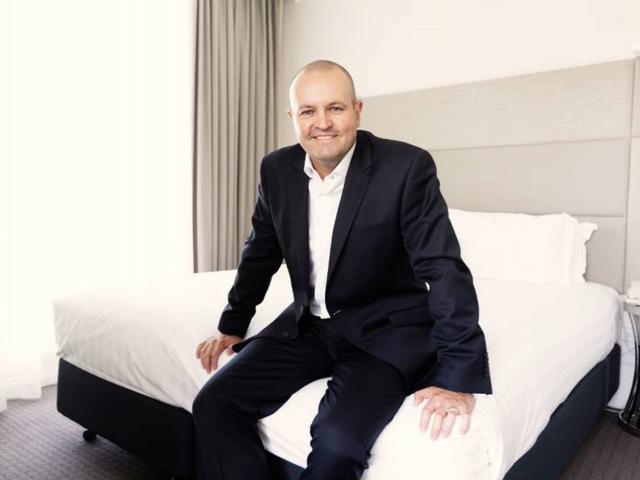
However, it would typically not be until occupancy reached 35 per cent before the hotel owners - who were all "entrepreneurial individuals" - would turn a profit.
"For many this is their legacy, their life's work," Fraser said of the worries they confronted.
With Kiwis spending between $7 billion and $9b on overseas trips last year, Fraser welcomed new tourism industry advertising campaigns aimed at redirecting some of that overseas spend locally.
Choice Hotels had also launched its own 100 Untold Stories campaign promoting the best hidden local travel destinations recommended by its franchisees, while also offering 30 per cent off stays until December 31, if booked by loyalty members before July 20.
However, the special offers from bigger operators had in-turn squeezed smaller mum-and-dad operations.
"It is the little operators that are struggling because there is a lot more competition for the domestic market now," said Tori Burns - owner of Russell - Orongo Bay Holiday Park in the Bay of Islands.
With Russell hotels, like the Duke of Marlborough, offering discounted luxury rooms it was hard to convince people to book holiday cabins, she said.
Burns' park had suffered from losing its Easter and Anzac Day trade and from schools cancelling excursions to the Bay of Islands and Waitangi Treaty Grounds.
She had also introduced payment installment plans for the first time after requests by holiday makers.
However, one positive had come from people booking in early for the Christmas holidays.
Walker also had his eye on summer. While he had been having success attracting older Kiwis with midweek discounted rates, his hotel made its lion share of income in summer.
And with most international tourists already coming from Australia, he said it was crucial for Tutukaka that a transtasman bubble be opened.
Failure to do so could bring a bad summer and disaster.
"We are standing on the edge of the cliff, we just don't know which way it is going to go," he said.





